|
There is so much information on the Internet it can be difficult to see what is truth. You may have heard about a dental device that can improve your sleeping and decrease the negative impact sleep apnea is having on your life, but you may not have believed it was not something you were a candidate for.
Dr. Anna Lee and her team can help decrease the negative impact of sleep apnea on your life without having a loud c-pap machine to keep you up at night. A dental device by Dr. Lee and her team fits comfortably in your mouth to open up your jaw so that your throat does not close. The dental device is custom made to fit in your mouth and improve your life. Sleep apnea can rob you from opportunities that come your way because you are tired, unfocused, and/or struggling to get to work on time. Dental devices are comfortable, fit perfectly in your mouth, do not make noise and do not require energy. You have nothing to lose by contacting Dr. Anna Lee and her team for a consultation.
0 Comments
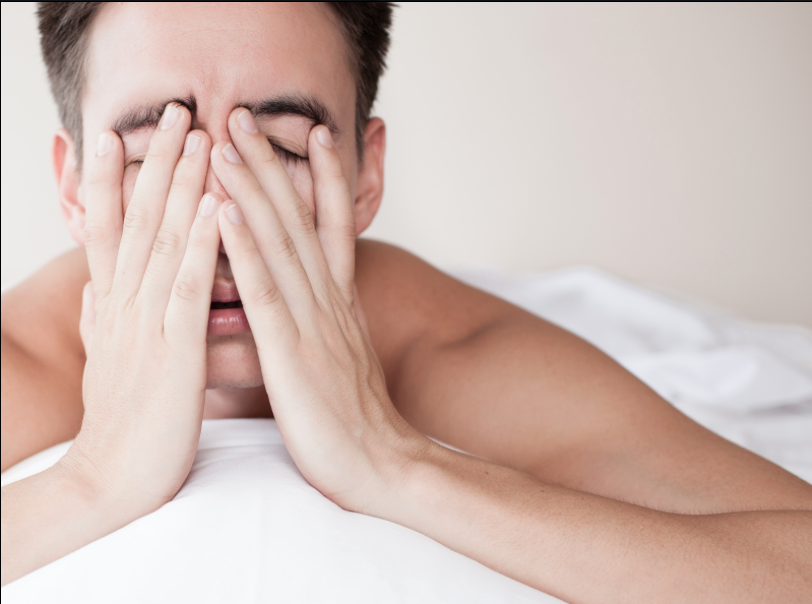 A dental device for Sleep Apnea can change your life for the better. Have you been living with snoring? Are you tired in the morning? Or do you feel you never get enough sleep? Now is the time for you to stand up and say no more. People who think they are not a candidate for a dental device are finding success with Dr. Anna Lee and her team. Adults often go without sleep in the busy world we live in today. They may think they are just overly tired, but if you sleep eight or more hours a night and wake up feeling exhausted, sleep apnea may be the reason. Millions of Americans go undiagnosed with sleep apnea. They may think they could not possibly be impacted by sleep apnea because they are younger, are female or because they live a healthy lifestyle, but this unfortunately is not the case. A dental device that is fit specifically to your mouth will open up your throat in order for you to breath through the night, instead of gasping for air when your throat closes off. It does not require any electricity and can be easily packed when you plan your next vacation. 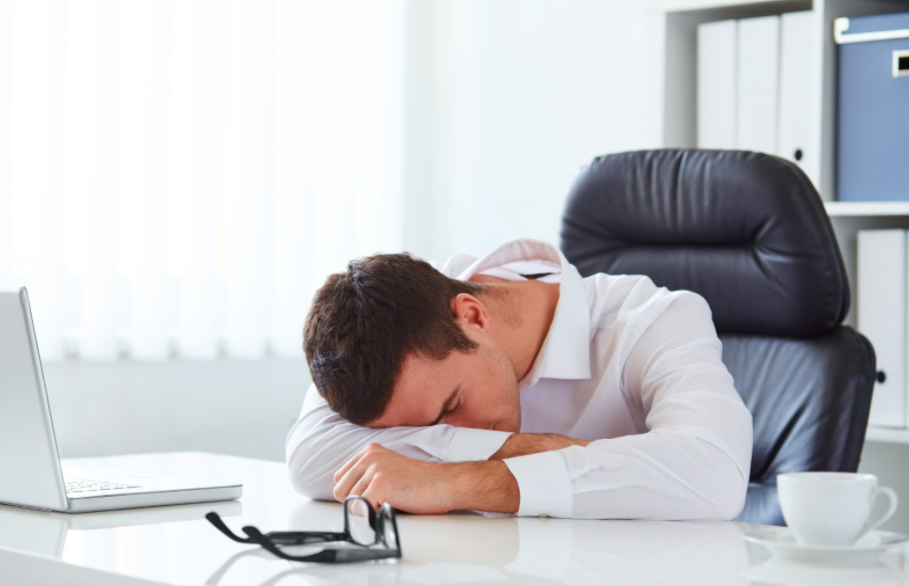 Sleep apnea is a serious medical condition in which breathing repeatedly stops and starts while the patient is asleep. There are three types of sleep apnea: obstructive, central and complex. Obstructive sleep apnea (OSA) is caused by a blockage of the airway, usually when the soft tissue in the rear of the throat collapses and closes during sleep. Central sleep apnea occurs when the brain does not send proper signals to the muscles that control breathing. Complex sleep apnea is a combination of the obstructive and central sleep apnea. Of the three, obstructive sleep apnea (OSA) is the most common. People with sleep apnea stop breathing repeatedly during their sleep, sometimes hundreds of times during the night and often for a minute or longer. In most cases the sleepers are unaware of these breath stoppages because they don’t trigger a full awakening. It is estimated that 22 million Americans suffer from sleep apnea, with 80 percent of the cases of moderate and severe obstructive sleep apnea undiagnosed. Untreated sleep apnea can lead to high blood pressure, chronic heart failure, atrial fibrillation, stroke, and other cardiovascular problems. OSA is also associated with type 2 diabetes, liver problems, depression and daytime fatigue. OSA can strike people of any age, including infants and children, but it is most frequently seen in men over 40, especially those are overweight or obese. One of the most common signs of obstructive sleep apnea (OSA) is loud and chronic, ongoing snoring. Pauses may occur in the snoring. Choking or gasping may follow the pauses. Another common sign of sleep apnea is fighting sleepiness during the day, at work, or while driving.
Other signs and symptoms: · morning headaches · memory or learning problems, not able to concentrate · irritable, depressed, mood swings, personality changes · wake up frequently to urinate · dry mouth or sore throat when wake up *Note: Not everyone who snores has sleep apnea. *Note: Not everyone who has sleep apnea snores. Sleep apnea can impact more than just your sleep. It can decrease your longevity, cause depression and decrease your chance of promotions. 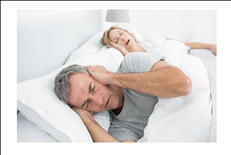 Sleep apnea can affect anyone, even children. Men are more likely than women to have sleep apnea. Obstructive Sleep Apnea (OSA) can occur at any age, the risk increases as you get older. A family history of sleep apnea also increases the risk for the condition. Risk factors: · overweight, 4 times greater risk of sleep apnea than those with normal weight · being male, over 40 years old · being older · family history · small airways in the noses, throats, or mouths are more likely to have sleep apnea · allergy problems, nasal congestion · use of alcohol, sedatives or tranquilizers · smoker *Small children who have enlarged tonsil tissues are at risk for sleep apnea. Children who are overweight also be at risk for sleep apnea. Untreated pediatric sleep apnea can lead to mood problems, hyperactivity, inattentiveness, poor school performances, angry and hostile behaviors. Children also have an increased risk of later cardiovascular diseases. Pediatric OSA is usually and most effectively treated by surgical removal of the tonsils and adenoids. 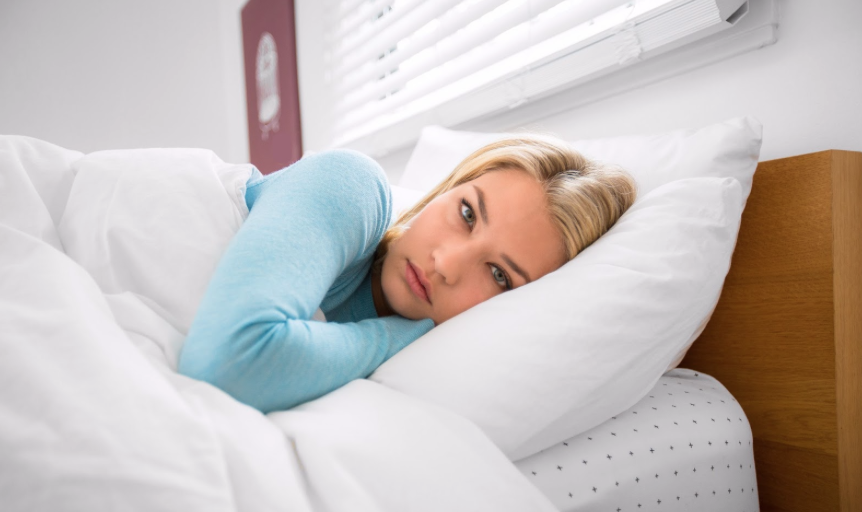 Obstructive sleep apnea can impact not only your sleep but your day-to-day life. If you feel overly tired and can’t seem to wake up, even after you have slept a full night, you may have sleep apena. Contact Dr. Lee & her team for help. Here are some of the medical & non-medical problems caused by untreated OSA: · increased risk of high blood pressure, heart attack, stroke, and/or atrial fibrillation · increased risk of diabetes · liver problems · headaches, impotence, and weight gain · memory problems and depression · daytime fatigue and work-related driving accidents Leaving sleep apnea undiagnosed can cause disruptions to your life. Not only can it cause problems with attention to detail, loss of job, depression and anger. When sleep apnea is left untreated it can lead to death. If you or someone you love is suffering from sleep apnea contact Dr. Lee and her team today for help.
Medical doctors diagnose sleep apnea based on medical and family histories, a physical exam and sleep study results. The physician decides whether the patient needs to be treated by a sleep specialist. There are 2 sleep tests to detect sleep apnea: · Nocturnal Polysomnography-it is performed at sleep centers or sleep labs. The patient is hooked up to equipment that monitors the heart, lung and brain activity, breathing patterns, arm and leg movements, and blood oxygen levels while the patient is sleeping. · Home Sleep Test-the patient is provided with simplified tests to be used at home to diagnose sleep apnea. These tests involve measuring the heart rate, blood oxygen level, airflow and breathing patterns while the patient is sleeping. Positive airway pressure devices are the most widely used treatment for Moderate and Severe Sleep Apnea. They have been endorsed by the American Academy of Sleep Medicine (AASM). CPAP machine delivers air pressure through a mask placed over the nose during sleep. With CPAP, the air pressure is greater than that of the surrounding air, and is just enough to keep the upper airway passages open and prevents apnea and snoring.
CPAP is the most common and reliable method of treating sleep apnea, but some people find it cumbersome and uncomfortable. There are different types of masks and it may take some time to find one that fits well, but for some it is just intolerable and it is for those patients that we have the answer. CPAP treatment may also cause side effects in some patients. These side effects include a dry or stuffy nose, irritated skin on the face, dry mouth and headaches. If CPAP is not adjusted properly, patients may get stomach bloating and discomfort while wearing the mask. Dr. Anna Lee, a dentist trained in sleep apnea, can assist you with treatment by determining if you are a candidate for an oral dental device and then creating your custom appliance for therapy. Dr. Lee conducts a full evaluation of your teeth, mouth, and temporomandibular joint (TMJ) to ensure that your teeth and jaw structure are healthy enough to wear an oral appliance. Following the examination, you will have models of your teeth made and a follow-up appointment is scheduled to fit your custom appliance. 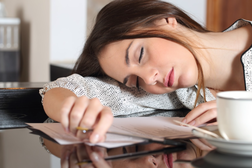 Sleep apnea may be ruining your life. You may fall asleep, only to feel the morning sun wake you up, what feels like, minutes after you have fallen asleep. Once you have not been able to hit rem sleep for several nights in a row you may begin to struggle to follow directions, complete fine motor tasks and you may fall asleep when completing important tasks. Several million Americans struggle with sleep apnea and require some sort of treatment while several thousands go untreated. When sleep apnea is left untreated death can occur. Sleep apnea can be treated with lifestyle changes, oral appliances therapy (mouthpieces), breathing devices, and surgery. Medicines typically are not used to treat sleep apnea. Treatment may improve medical conditions linked to sleep apnea, such as high blood pressure, heart disease, stroke and diabetes. Don’t wait for these problems to impact your life. Get help today and get your sleep apnea under control. There are several dental procedure options that can now be used to treat sleep apnea. Sleep apnea can impact you if you are tall, short, male, female, thin or overweight. No matter who you are, sleep apnea can greatly impact your life. But there are ways that you can naturally treat your sleep apnea. Here are 6 choices you can make that will help improve your life.
Lifestyle changes · Lose weight-People who are overweight have extra tissue in the back of their throat, which can cover the airway and block the flow of air into the lungs while they sleep. A small amount of weight loss can open up the throat and improve sleep apnea symptoms. · Quit smoking-Smoking is believed to contribute to sleep apnea by increasing inflammation and fluid retention in the throat and upper airway. · Avoid alcohol, sleeping pills, sedatives-They relax the muscles in the throat and interfere with breathing, especially before bedtime. · Avoid caffeine and heavy meals within two hours of going to bed. · Exercise regularly helps to reduce sleep apnea symptoms and improves the quality of sleep. · Maintain a regular sleep hour helps to reduce sleep apnea symptoms. |
Dr. Anna LeeGeneral and Family Dentist in Glendora, CA Archives
September 2017
Categories |
 RSS Feed
RSS Feed